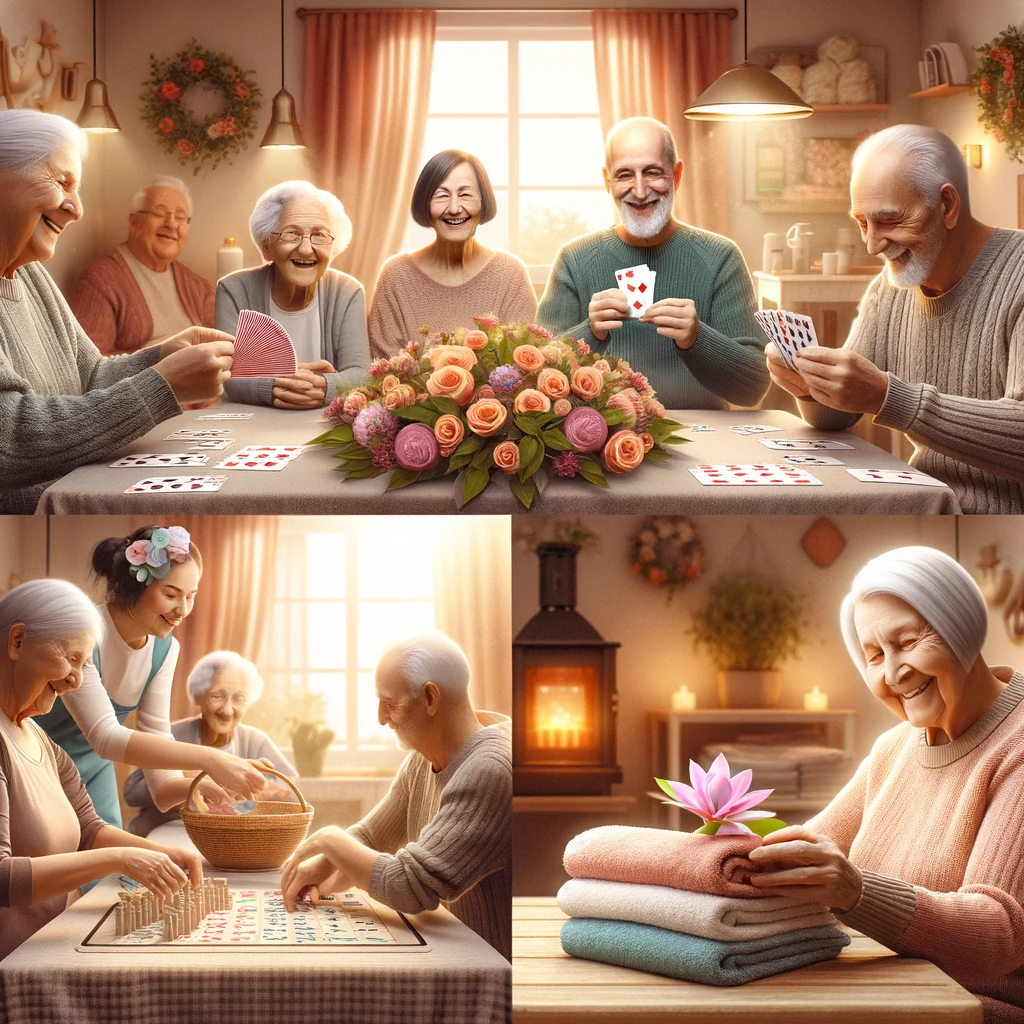10 Engaging Activities for Dementia: Expert Ideas to Try Today
Explore various engaging activities tailored to different stages of dementia, creative outlets, and the role of community resources and technology in enhancing the quality of life for people with dementia.

Caring for a loved one with dementia is a journey filled with challenges, profound connections, and unexpected joy. Family caregivers are celebrated for their resilience, creativity, and the special activities that bring comfort and happiness to their loved ones. In this blog post, we’ll explore various engaging activities tailored to different stages of dementia, creative outlets, and the role of community resources and technology in enhancing the quality of life for people with dementia.
Key Takeaways
- Create a person-centered care profile to understand and meet unique needs of your loved one with dementia.
- Tailor activities for different stages, including physical activities, sensory stimulation, creative outlets & brain games.
- Connect through family photos & reminiscing. Access community resources & tech enhanced activities for Engagement.
Person-Centered Care: Creating a Profile for Your Loved One

Caring for someone with Alzheimer’s disease or other types of dementia necessitates a person-centered approach, which requires developing a profile that highlights their hobbies, likes, and activities. This enables us to provide tailored care and support, ensuring that we understand the unique needs and preferences of our loved one with dementia.
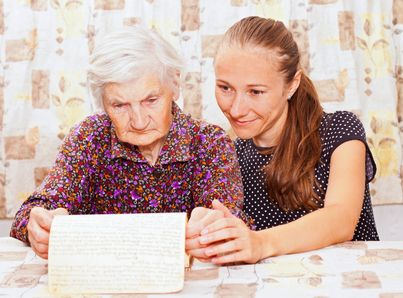
A person-centered care profile for dementia patients should incorporate:
- Personal preferences
- Personality traits
- Activities suited to interests
- Likes and dislikes
- Familial relationships and who is important in a person's life
Providing engaging activities can offer stimulation, ward off boredom, and bring joy into their lives, ultimately reducing harmful behaviors and potentially slowing the progression of the disease.
Tailored Activities: Adapting to Different Stages of Dementia

With the progression of dementia, engaging in activities and preserving cognitive function gains importance. Simple, enjoyable, and familiar activities are best suited for seniors with dementia, and dedicated dementia apps can be helpful in providing tailored activities to their needs. Proper timing bolsters the success of activities, while activities devoid of failure are vital to sustain the engagement and cognitive stimulation of dementia patients.
Each stage of dementia necessitates distinct types of activities. Here are some examples:
- Early-stage dementia: playing games, doing puzzles, and watching movies
- Middle-stage dementia: craft projects, music, short walks, and assistance with cooking
- Late-stage dementia: activities that focus on simplicity, enjoyment, and meaningful engagement
Early-Stage Dementia Activities
For those in the early stages of dementia, some fun and engaging activities to keep them active include:
- Reading books with clear, large text and pictures, short stories, poems, newspapers, or dementia-friendly books
- Solving puzzles
- Gardening
- Cooking
- Attending social events
- Attending dementia-friendly cinema screenings
These activities can help stimulate the mind and provide enjoyment for individuals with dementia.
Individuals with early-stage dementia can be encouraged to participate in gardening by:
- Promoting involvement in all gardening activities
- Offering horticulture-based activities in residential care settings
- Developing adaptive gardening programs
- Utilizing gardening as a stress-reducing tool and means of cultivating purpose
- Discovering the benefits of garden visits and gardening therapy.
Middle-Stage Dementia Activities
Physical activities for those in the middle stage of dementia include switching between sitting and standing, going for short walks, and engaging in moderate exercises like fitness, walking, dancing, and gardening. These activities can help maintain mobility, reduce challenging behaviors, and boost self-confidence.
Craft projects suitable for middle-stage dementia patients include clipping colorful clothespins, arranging flowers, sculpting with clay or wood, painting with watercolors, oils, or pastels, creating collages from magazines, making paper flowers, creative coloring, and making handmade cards. Music therapy is also beneficial, as it can reduce agitated behavior, improve communication, and stimulate personal identity and social connectedness.
Late-Stage Dementia Activities
In the late stages of dementia, the focus of activities should be on providing comfort, stimulating senses, and offering meaningful involvement. Music therapy can be particularly effective for late-stage dementia patients, enhancing:
- Mood
- Cognitive functions
- Memory
- Providing a sense of connection
- Socialization
Familiar music can create feelings of safety and comfort, reducing anxiety.
Safe outdoor activities for older adults, especially late-stage dementia patients, include supervised walks in familiar and secure environments, sitting in gardens or outdoor spaces to enjoy nature, and gentle exercises or stretching outdoors. Safety and supervision should be paramount during these activities.
Physical Activities for Cognitive Health

Walking, gardening, and other physical activities have been shown to decelerate the progression of Alzheimer’s disease and preserve cognitive health. Integrating daily or weekly activities outdoors, at local community centers, or in their own neighborhoods can provide valuable opportunities for engagement and cognitive stimulation for people with Alzheimer’s disease.
Group exercise classes and activities such as:
- fitness
- walking
- dancing
- gardening
Incorporating the keyword “planning activities” into the text:
When it comes to planning activities, group exercise classes and activities such as fitness, walking, dancing, and gardening are excellent options.
can be excellent options for people with dementia to stay active and engaged in everyday life. A 2018 Korean study even found that physical activity can slow down the progression of dementia severity, functional decline, and abnormal behavior in people with Alzheimer’s disease, lowering their risk of mortality.
Sensory Stimulation: Activities for Emotional Connection
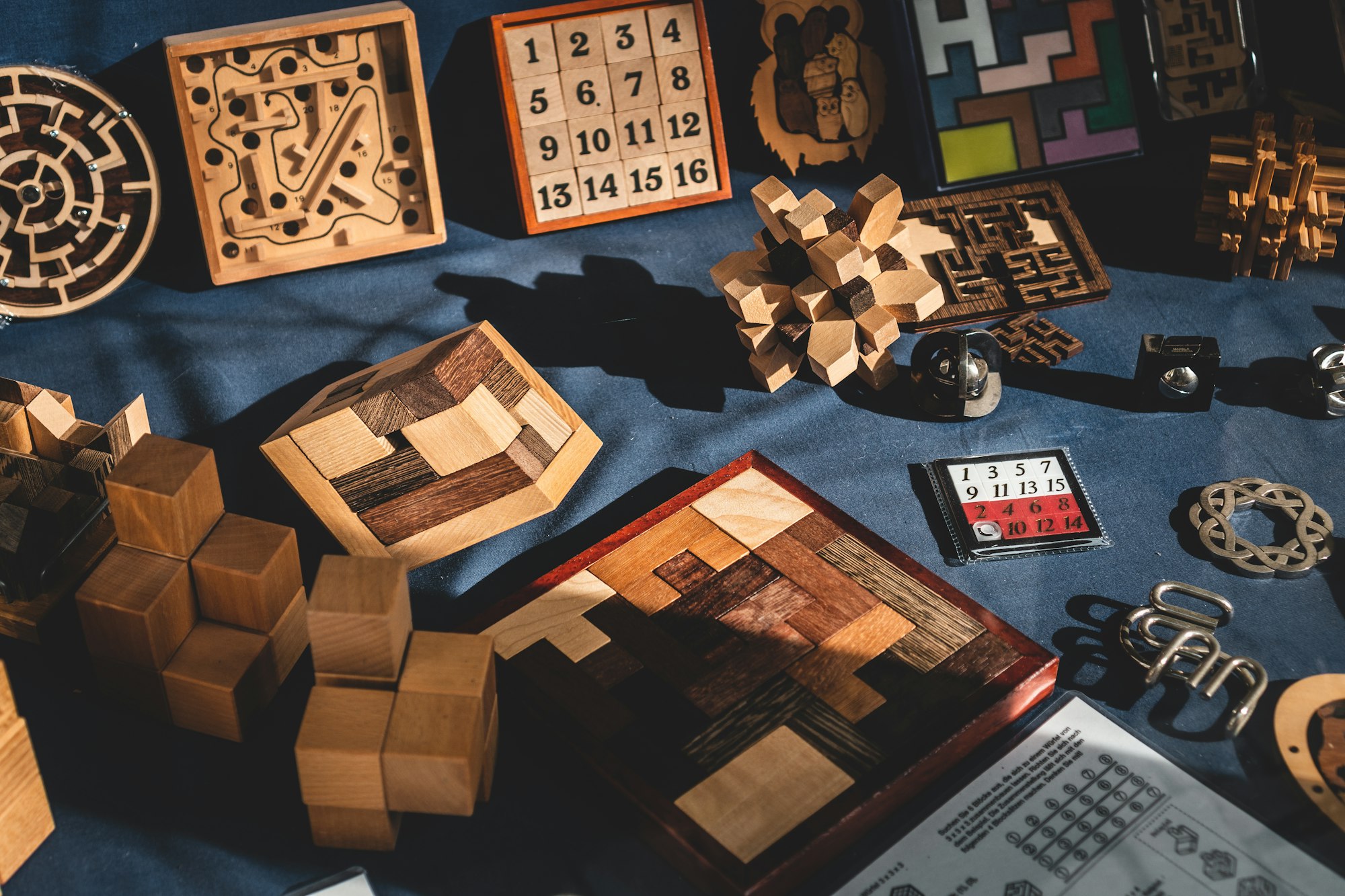
Sensory stimulation activities, also known as sensory activities, engage the senses, foster emotional connections, and stimulate memories in people with dementia. Familiar scents, tactile objects, and textures can be particularly effective in evoking emotions and memories.
Tactile activities like puzzles or crafts, listening to music, looking at family photos, receiving gentle massages, and safely enjoying the outdoors can provide comfort and meaningful connections for dementia patients. Additionally, exploring unique textures that connect to their interests, like soft animal fur for pet lovers or damp soil and leaves for gardening enthusiasts, can further enhance sensory experiences.
Creative Outlets: Art, Music, and Crafting

Art, music, and crafting serve as creative outlets for dementia patients, offering avenues for self-expression and emotional engagement. For instance, having a sing-along with songs from their era can create a fun and engaging atmosphere while evoking fond memories.
Painting can offer a great way for dementia patients to express themselves and may even help with their memory. When engaging people with dementia in creative activities, caregivers should prioritize the pleasure of the activity rather than the outcome, ensuring a positive and enjoyable experience for the individual.
Brain-Boosting Games and Puzzles
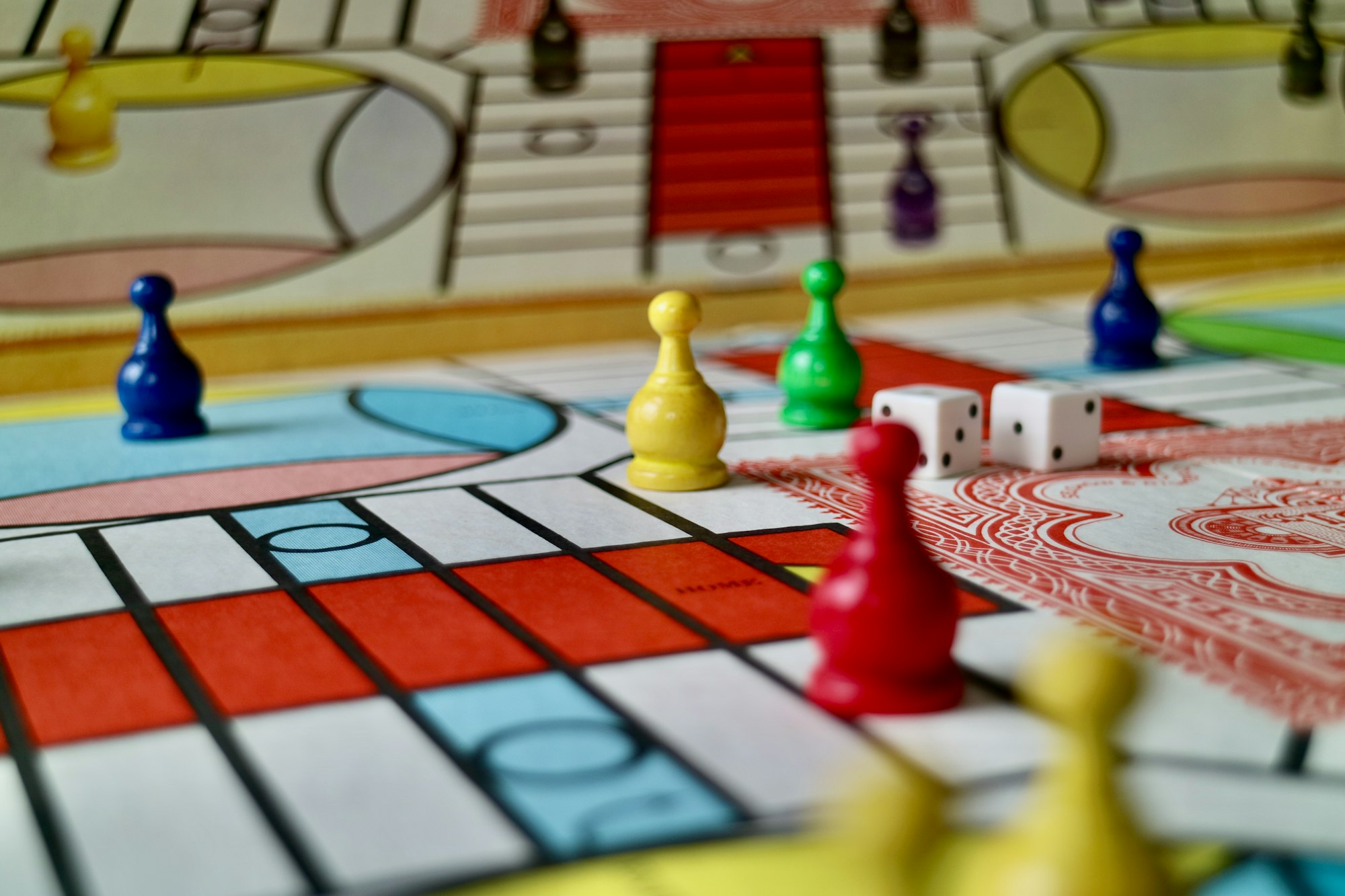
Dementia patients can maintain mental stimulation and exercise their cognitive skills by engaging in brain-boosting games and puzzles. Jigsaw puzzles, for example, can sharpen cognitive abilities, stimulate brain functions, and even boost short-term memory.
Crossword puzzles, board games, and other mentally stimulating activities can provide not only cognitive benefits but also opportunities for social interaction and engagement. These activities can be tailored to the individual’s abilities and interests, ensuring a fun and rewarding experience.
Making Memories: Family Photo Albums and Reminiscing

Looking through family photo albums and reminiscing about the past can be a great activity for people with dementia, providing meaningful connections and stimulating memories. Creating a memory box, a collection of items that are meaningful to the person, can also be a valuable tool for reminiscing and sparking conversations.
Incorporating items such as:
- paper clips
- pencils
- erasers
- paper
- letters
- file folders
- notepads
Creating a personalized and engaging memory box for a family member with dementia can help maintain connections and provide comfort for both the individual and their family members. Sharing memories and reminiscing about the past can be a valuable experience for everyone involved.
Community Resources and Social Interaction
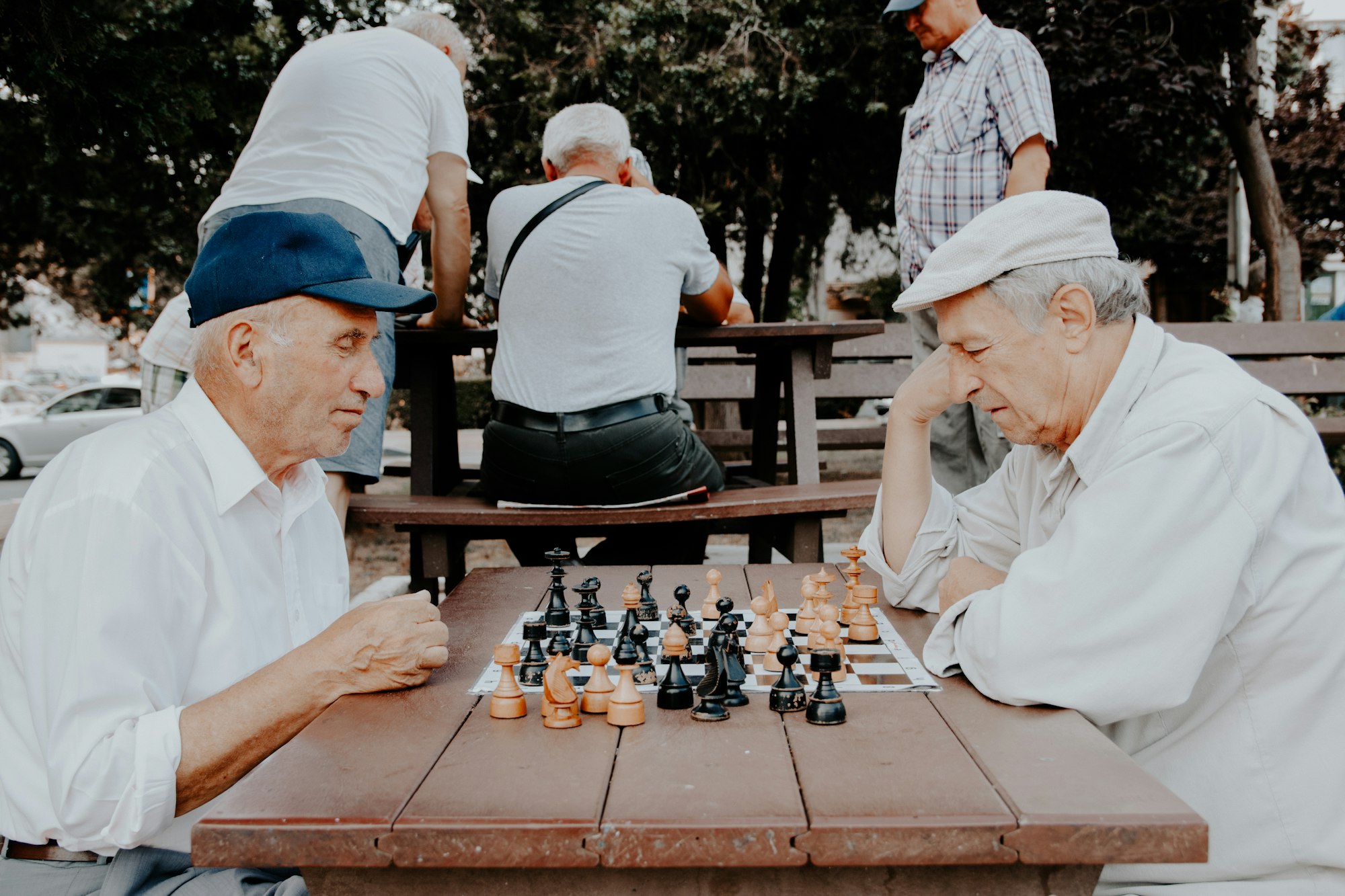
Community resources and social interaction, which provide ample opportunities for engagement and socialization, hold significant roles in the lives of dementia patients. Attending local events or joining clubs can offer meaningful connections and support for both the person with dementia and their caregivers.
Organizations such as the Alzheimer’s Association, Dementia Friendly America, and Dementia Friends USA can provide information, resources, and dementia-friendly clubs and events in your area. Participating in community-based activities can help improve the overall well-being and quality of life for people with dementia and their families.
Household Tasks and Productive Activities

Dementia patients can derive a sense of accomplishment and purpose by integrating household tasks and productive activities into their daily routines as dementia progresses. Simple tasks, like setting the table or folding laundry, can provide opportunities for success and a sense of achievement for the individual.
Engaging in meaningful activities, such as gardening or other household chores, can significantly improve the quality of life for people with dementia. Untying knots or engaging in other simple yet productive tasks can help keep dementia patients busy and feeling accomplished.
Technology-Enhanced Activities for Dementia
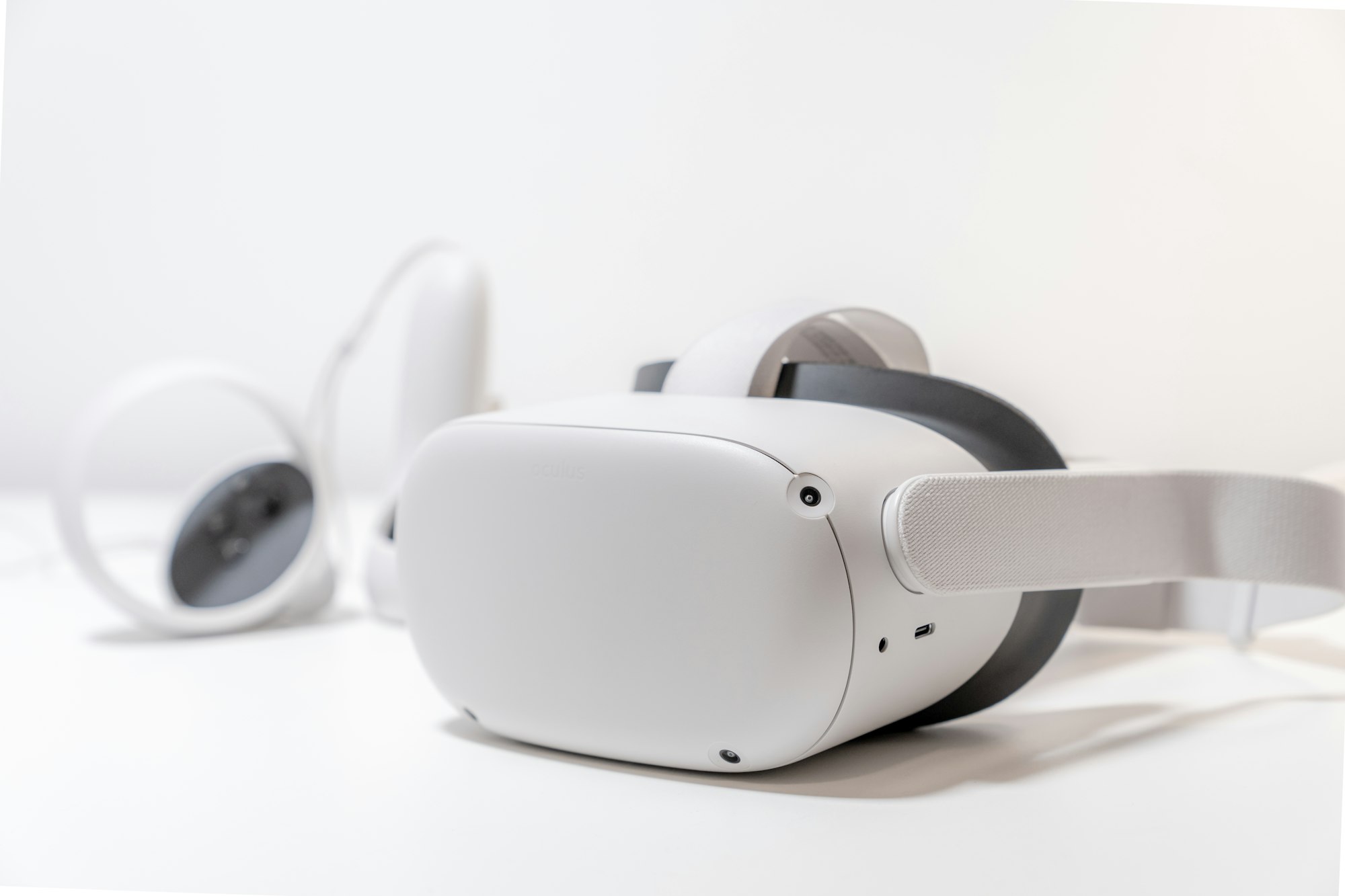
Technology-enhanced activities can offer dementia patients experiences that are both engaging and stimulating. Google Earth exploration, for example, offers a virtual exploration experience that can help stimulate memories and engage cognitive abilities, allowing individuals to virtually visit familiar places or explore new locations. These dementia active experiences provide a valuable tool for cognitive stimulation and engagement.
Live streams can offer engagement and stimulation, social connection, a sense of familiarity and comfort, and even cognitive benefits for people with dementia. Additionally, virtual reality interventions can help with mobility, prevent falls, and provide cognitive training, making technology a valuable tool in enhancing the quality of life for dementia patients.
I want to share a few stories of a few patients and their family caregivers and how activities make a difference.
Maria's Musical Connection
Maria, a caregiver for her mother with Alzheimer's, discovered the power of music. She found that playing her mother's favorite songs from the 1960s could bring her out of her shell, sparking memories and even leading to sing-alongs. This activity not only enhanced her mother’s mood but also provided a cherished bonding experience.
Another story that I want to share is about a little lady that was awake but unable to speak. I met Bess while working on a senior behavioral health unit. She was a tiny little lady in the later stages of dementia. When I spoke to the family, I learned that Bess was very active in her church and was involved in the choir. Music has always been very important to her.
I contacted a friend that played piano and guitar She came into the unit and played some gospel music. We learned about a few songs Bess enjoyed and sang often at church. As my friend started to play and sing, Bess started to sing. It really shocked us all. You see, Bess had been on the unit for a few weeks. She was not responding to anything. Her daughter started to sob with joy. For a brief moment she was able to connect with her mom. For family members caring for someone with dementia they long for just one moment of connection.
John's Stroll Down Memory Lane
John, caring for his father, created a "memory lane" in their home. He decorated a hallway with photos and mementos from his father's past, including his military service and family vacations. This visual stroll down memory lane helped his father recall happy memories and feel more anchored in his surroundings.
Linda's Gardening Wonders
Linda found that gardening was a therapeutic activity for both her and her sister with early-stage dementia. They started a small garden, planting flowers and vegetables, which became a daily activity of nurturing and growth. It provided sensory stimulation and a sense of accomplishment for her sister.
Alex's Puzzle Time
Alex introduced puzzle-solving to his wife, who was diagnosed with dementia. They started with simple puzzles and gradually moved to more complex ones. This activity helped in keeping her mind engaged, improving her focus, and provided a sense of achievement upon completion.
Emma's Storytelling Evenings
Emma, a young caregiver for her grandmother, started storytelling evenings. She would read aloud from books or share family stories, which not only entertained her grandmother but also triggered conversations about her own life experiences, fostering a deeper emotional connection. I recommend that families record those conversations to share with Story Corps.
Summary
Throughout this blog post, we’ve explored a variety of engaging activities, creative outlets, sensory stimulation, brain-boosting games, and the use of technology to enhance the lives of people with dementia. By understanding the individual needs and preferences of our loved ones, incorporating suitable activities for different stages of dementia, and utilizing community resources and technology, we can make a significant impact on the overall quality of life for people with dementia and their families. Together, let’s continue celebrating the resilience, creativity, and unique experiences that bring comfort and happiness to our loved ones with dementia.
Frequently Asked Questions
What are some types of activities?
Aerobic activities, like running, jogging, swimming, biking, dancing and walking, are great ways to stay active.
What are day activities?
Day activities refer to the everyday things or activities that make up an individual's life, such as work, education and recreation. It is also an organized schedule for rehabilitation and/or habilitation.
How do you keep an Alzheimer's person busy?
Listen to music, keep a journal, create a box of memories, take dance breaks, do knitting and crochet, or paint - there are plenty of fun activities to keep an Alzheimer's person busy.
How can we make gardening accessible for individuals with dementia?
Gardening can be made accessible for individuals with dementia by allowing them to participate in activities, providing horticulture-based activities in care settings, and creating adaptive gardening programs.
What are some sensory stimulation activities for people with dementia?
Sensory stimulation activities for people with dementia can include familiar scents, tactile objects, and textures to create emotional connections and stimulate memories.
What are some meaningful activities for family members to engage in with a person living with dementia?
Meaningful activities can help improve the quality of life for people with dementia and bring joy to family members. Simple activities such as spending time with family photo albums, taking short walks, or enjoying a sing-along can trigger memories and foster connections. Activities like folding laundry, gentle exercise (such as chair yoga or Tai Chi), and even light household tasks can provide a sense of accomplishment.
What kinds of activities are beneficial during the early stages of dementia?
In the early stages, cognitive health can benefit from engaging activities like board games, crossword puzzles, and jigsaw puzzles. Creative activities such as painting, crafting, and creating a memory box can support cognitive skills while allowing family caregivers to enjoy quality time with their loved ones. Exploring dedicated dementia apps or online games tailored for dementia can also stimulate mental wellbeing.
How can physical activity support people with dementia?
Physical activity is essential for overall wellbeing and can help reduce symptoms of dementia. Activities suitable for all stages include gentle exercise like chair yoga, short walks in fresh air, or spending time at a dog park. Visiting a large fish tank, if available in local community centers or aquariums, can also provide a calming sensory experience.
What are some creative activity ideas to keep people with dementia mentally and emotionally engaged?
Creative activities that stimulate the senses, such as painting, making holiday desserts, or listening to favorite holiday songs, can be comforting and engaging. Family caregivers can also involve their loved ones in pet therapy sessions, as well as plan activities that encourage fond memories, like exploring family photos or engaging in a sensory stimulation activity such as hand massage.
Are there dementia-friendly resources in the community?
Many communities offer dementia-friendly resources. For example, dementia-friendly cinema screenings can be an enjoyable outing, and memory care centers often provide sensory activities and memory boxes designed to evoke positive memories. Consulting health professionals or local Alzheimer's disease organizations can connect you with suitable activities and community resources to support cognitive health.
What can help prevent harmful behaviors as dementia progresses?
Planning activities that are engaging and cater to a person’s physical and cognitive abilities can reduce harmful behaviors. Activities like structured board games, sensory activities, and gentle physical activity can provide sensory stimulation while managing behavioral symptoms. For later stages, calming activities such as looking through family photo albums or enjoying a memory box filled with personal mementos can be helpful.
What are sensory activities, and why are they beneficial for people with dementia?
Sensory activities, such as gentle hand massage, touching a memory box, or spending time with a pet, stimulate senses and evoke comforting memories. These activities can improve mental wellbeing and reduce anxiety, helping to create an environment that feels safe and familiar.
How can family members ensure that activities are safe and enjoyable as dementia progresses?
Family members can adapt activities based on the person’s cognitive and physical abilities. Engaging in simple and safe tasks like folding laundry, observing recent events in photo albums, or participating in suitable creative activities can foster interaction without overwhelming them. Avoid overly complex activities as dementia progresses, and consult with health professionals on recommended activity levels.
How can holiday traditions be adapted for a person with dementia?
Holiday traditions, like singing holiday songs or baking favorite holiday desserts, can bring joy and trigger fond memories. Keeping the traditions simple, such as decorating with family members or having a sing-along with familiar tunes, ensures the experience remains enjoyable and accessible.
Are there suitable online activities for people with dementia?
Yes, various online games and dedicated dementia apps are designed to support cognitive skills in a dementia-friendly way. Games that are simple, engaging, and offer sensory experiences can be beneficial, especially in the early stages. For later stages, activities should focus on sensory stimulation rather than complex cognitive tasks.
How can family caregivers maintain their own wellbeing while planning activities for a loved one with dementia?
Caregivers can seek support through community resources, such as support groups and health professionals. Taking short breaks, going for walks, or engaging in their own favorite sport can help maintain their mental wellbeing and provide the energy to continue providing meaningful care.
Can social interaction with the local community benefit a person with dementia?
Absolutely. Social interaction, whether through group activities, community events, or visits to a dementia-friendly cinema, can help reduce cognitive decline and improve overall wellbeing. Many communities have programs designed for older adults that are dementia-friendly and offer a safe environment for social engagement.
You might also like this article:
